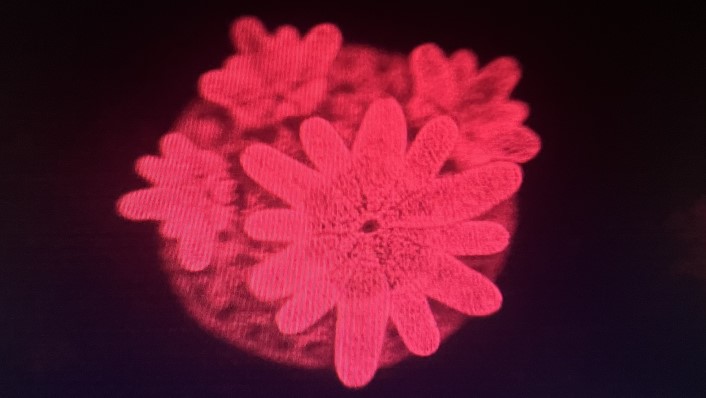As reefs experience increasing loss of coral cover due to a variety of environmental events and stressors, genetic diversity in those affected populations continues to be lost. For coral species to be able to adapt to environmental stressors like climate change, genetic diversity is the key.
Developing ‘genetic barcodes' for monitoring individual colonies and tracking their offspring
The CRISPR-Cas9 genome editing system can be used to create genetic barcodes in individuals. This can be done by creating random mutations in a corals DNA that have no effect on the animal – similar to a tag. These sites of random mutations represent a unique genetic barcode that can be used not only to track the individual over its lifetime but potentially also its offspring. If this research shows the approach is viable, it is envisaged it could be co-developed with an eDNA detection capability to provide an essential tool for restoration and adaptation management.
Monitoring of these genetic barcodes can be merged with the above general genetic diversity monitoring to track coral at both the individual colony and population level. This would be extremely valuable for informing coral reef management and restoration, as it can give insight into how out-planted (barcoded) coral colonies are surviving, spreading, and integrating into the natural population and how general genetic diversity is changing in response to restoration efforts.
Developing a rapid test for coral heat tolerance using CRISPR technology
We aim to develop a way to test a corals' heat tolerance by measuring their gene expression in response to acute heat stress.
By observing how a coral upregulates (or increases activation of) certain genes in response to heat stress, we can predict its heat tolerance. When a coral upregulates a gene, it increases the amount of RNA produced by that gene. We can use CRISPR systems to measure RNA for specific genes, which can be visualised using a marker, similar to commonly used rapid RNA tests for COVID-19. This approach would provide a holistic, low-cost, high-throughput method for screening heat tolerance in corals.

